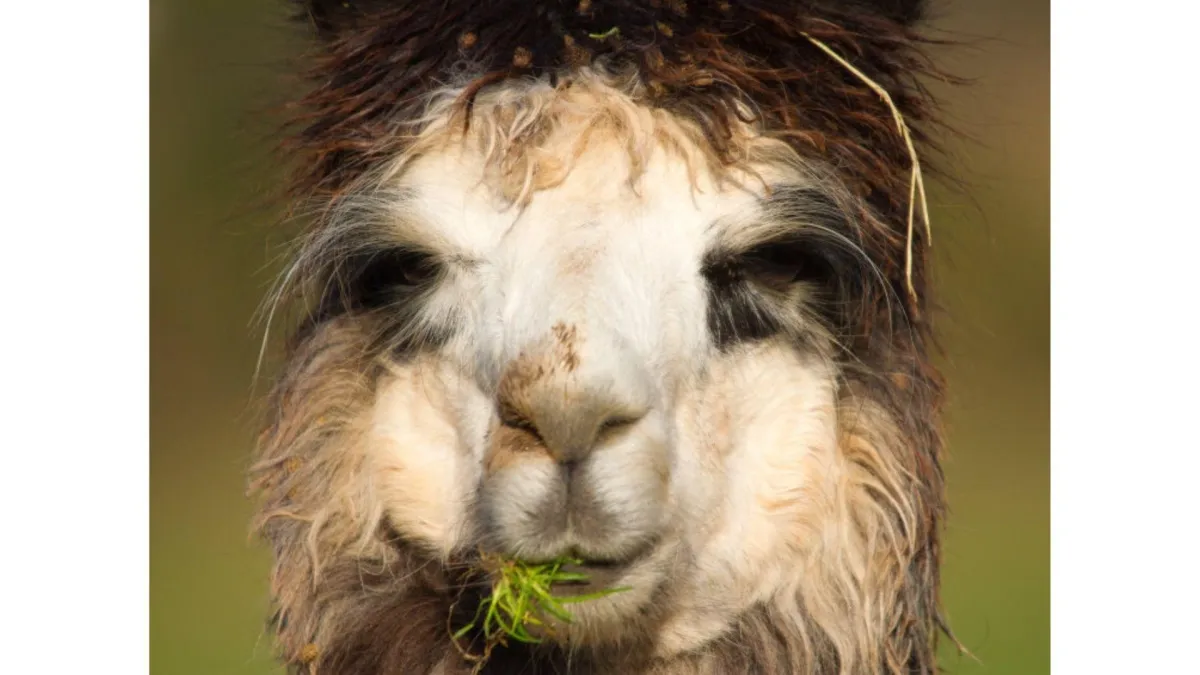
A Useful Aid for Alpaca Farmers – the Code of Welfare for Camelids: Part Two
In Part Two of our series on the Code of Welfare: Llamas and Alpacas, we highlight key minimum standards and good practice guidelines for managing pregnant females, young cria, identification, transport readiness and behaviour. If you're caring for alpacas on a lifestyle block, our Alpaca Health & Husbandry course is a great practical resource.
Care of Pregnant Females
The gestation period for alpacas is around 340 to 350 days. Pregnant females should be settled into suitable paddocks at least a week before their due date. Avoid causing undue stress by changing their groups too close to birthing.
Regular, low-stress exercise, such as grazing on hills, seems to help reduce labour problems.
Code standards:
Pregnant females must be inspected frequently to check for signs of birthing difficulty.
Veterinary help must be sought if problems arise.
Cria Management
It's important to have colostrum available in case a cria needs to be hand-reared, especially if the mother is not producing enough milk. Camelid colostrum is best, but colostrum from ewes is an acceptable alternative.
To prevent future behavioural issues, limit social interaction between handlers and young cria.
Code standards:
All cria must receive colostrum or a suitable substitute within the first 24 hours of life.
Weaning
Cria should not be weaned before 24 weeks of age, to ensure their digestive systems are mature enough for pasture. If early weaning is necessary, they must be closely monitored to ensure adequate nutrition.
Including calm adult animals in the group can help newly weaned young settle. Keep them out of sight and sound of their mothers to reduce stress.
Code standards:
Weaning must be managed to minimise health impacts for both mother and cria.
Recently weaned cria must have adequate feed, water, and shelter.
They must be monitored for signs of ill-thrift, injury, or stress, with prompt intervention if needed.
Identification
Branding is not recommended, and if it is carried out, pain relief must be used. All identification must be done by a competent person.
Code standards:
Identification must be performed by trained handlers.
Pain relief is mandatory if branding is used.
Selection for Transport
Camelids must be held off green feed for at least four hours before travel, but not longer than 12 hours.
Pregnant females over 320 days and cria under 10 days old should not be transported.
Camelids often lie down during transport, so appropriate bedding or cushioning should be provided for longer trips.
Code standards:
Only healthy animals that can stand and bear weight on all four legs may be transported.
Pregnant camelids close to birth must not be transported.
Behaviour and Social Needs
Camelids are social animals and should always be kept with a companion. Other camelids are ideal, but calm sheep may be acceptable if no other camelids are available.
They may react aggressively to unfamiliar animals, particularly dogs. Even castrated males can become dominant, especially during breeding season, so all groups should be introduced and supervised carefully.
Signs of aggression include vocalisation, fighting, or bullying behaviour. Dust-bathing is important for their wellbeing, so a suitable area should be provided.
Code standards:
Camelids must live with at least one companion.
Cria must be raised with other camelids.
Newly introduced animals must be monitored and managed to reduce aggression.
More in the Series
Part One focus' on feeding, shelter and shearing.
Part Three covers transport, emergencies, and record keeping.
You'll also find interesting and practical information about farming alpacas elsewhere on the website. In particular, there is a series of five articles about alpaca behaviour, their health and disease, management, and breeding.

